Oceanía/Australia/Abril 2016/Autor: PETER HOLBROOK/ Fuente: theaustralian.com.au
Resumen: Tal vez la mayor suerte de Shakespeare fue haber nacido en un mundo que, al menos para la élite social, profundamente valora la educación y las artes del lenguaje. La alfabetización en general mejoró enormemente durante el siglo 16 y la alfabetización avanzada prosperó en las escuelas secundarias y universidades. Todo ello cuando pensamos en la muerte de Shakespeare hace 400 años ya que en el año 1616 se puso fin a la obra de su vida.
«Thou met’st with things dying,
I with things newborn»
So says a character in Shakespeare’s The Winter’s Tale. A similar awareness of the way endings also can be beginnings is borne in upon us when we think about Shakespeare’s death 400 years ago tomorrow. The year 1616 brought an end to his life’s work.
But it was also the beginning of Shakespeare’s extraordinary influence on readers, writers, thinkers, performers, and artists of all kinds ever since.
As 19th-century American philosopher Ralph Waldo Emerson said, Shakespeare “wrote the text of modern life”. It is hard to imagine our world without him.
Nevertheless, Shakespeare might not have survived — and the world would be have been less interesting, varied and living as a result. Plague struck Stratford-upon-Avon a few months after his birth, which is believed to be around April 23, 1564. (Fortuitously for those enthused by commemoration, April 23 is also the day he died.) The pestilence knocked off about a seventh of the town’s population. Shakespeare dodged that bullet (or arrow, the usual Elizabethan metaphor for plague), and actors, directors, composers of operas and lovers of poetry can be thankful he did.
In another sense, Shakespeare would not have existed for us if his devoted colleagues, actors John Heminge and Henry Condell, had not preserved 18 of his plays, hitherto unprinted, in the so-called First Folio of 1623, the first collected edition of Shakespeare’s drama published by printer William Jaggard and his son Isaac. (Folio was a printer’s term for a large-sized book — a copy of this cultural treasure is held in the Mitchell Library in Sydney.)
Heminge and Condell are not widely known, but without their labours we would not possess masterpieces such as Antony and Cleopatra, As You Like It, Julius Caesar, Macbeth and The Tempest.
Even imaginative geniuses such as Shakespeare depend on many contingent, rather humdrum, factors if they are to flourish. Things could have been different. If all Shakespeare’s plays had somehow perished, as many old books did, it would be as if he never lived.
But Shakespeare was lucky. His friends recognised his genius, and saw to it that the 18 unprinted plays were gathered up and handed down to us. The plague didn’t get him, and the syphilis that he very plausibly suffered from (as sonnets 153 and 154 strongly suggest) didn’t hold back his creative powers either.
Indeed, perhaps his experience of venereal disease fired his imagination: plays such as Hamlet, Measure for Measure and Timon of Athens are obsessively preoccupied with corruption, disease and morbidity.
And he was extraordinarily fortunate to be born into an already vibrant theatrical culture: purpose-built theatres opened their doors in London from 1576. (City authorities detested theatres as sources of disorder; they gladly would have closed them down if Queen Elizabeth and King James had permitted it.)
Perhaps Shakespeare’s greatest luck was to be born into a world that, at least for the social elite, profoundly valued education and the arts of language. Literacy in general improved tremendously during the 16th century and advanced literacy thrived in the grammar schools and universities. Without the vigorous educational culture Shakespeare was exposed to in his local grammar school, he would never have become Shakespeare — “For a good poet’s made, as well as born”, as Ben Jonson, Shakespeare’s friend and literary rival, knew.
Stratford’s Grammar School (almost certainly Shakespeare’s school, and still educating young people today), was an excellent one, with well-trained university graduates teaching there.
Shakespeare’s main teacher was probably a man called Thomas Jenkins. He was an Oxford MA and had been a fellow of St John’s, Oxford. The school’s curriculum would have been demanding: intensive, rigorous study of Latin grammar and classic Roman authors, Virgil, Cicero, Ovid among them.
Students would translate Latin authors into English, and, some time later, back into Latin. They were expected to develop good English style as well as sound Latinity. Classic and modern authors were studied as models of expression. Learning poetry (and prose — the English Bible) by heart was standard practice. So was acting in plays, always an excellent way to commit good writing to memory. There was much emphasis on reading good-quality poetry and prose out loud, and on participating in debates.
If we thank Heminge and Condell for saving about half of Shakespeare’s work from oblivion, we also should thank the school system of Tudor England that enabled Shakespeare to develop his peculiar and unruly gift for language and thought. Teachers such as Jenkins and his colleagues deserve their plaudits, too.
Perhaps there is a lesson for us in all this. Advanced literacy does not just happen. It requires wise nurturing by well-run institutions. If we want a sophisticated literary culture — or even just citizens, people capable of fully and meaningfully participating in political deliberation — we need to value our schools and universities, and to ensure that they are operating at the highest standard.
One of the most exciting aspects of my professional life as an academic has been running numerous workshops aimed at bringing together high school teachers with some of the best scholars of the humanities.
Experience running these workshops tells me that schoolteachers want to be able to stay in touch with the latest and deepest scholarship in literature, history, art history, drama and the like. Teachers want, and rightly expect, expert training in the disciplines they profess.
But if such expert training of teachers is to take place, we had better ensure that our university faculties of humanities and social and natural sciences are well-stocked with high-quality academics. There is no other route to a first-class education system.
And if we want young people able to use language with precision, grace, and clarity we must ensure they are effectively and creatively taught those writers pre-eminent in eloquence and imaginative and intellectual power — of whom Shakespeare (and happy birthday to him) is one.
Fuente de la noticia: http://www.theaustralian.com.au/opinion/we-can-replicate-shakespeares-educational-utopia/news-story/484c00573b3e3c6a04b2ab60eadd6172
Fuente de la imagen: http://cdn.newsapi.com.au/image/v1/c06f14132c190210cf22ba0a51a028f9?width=650
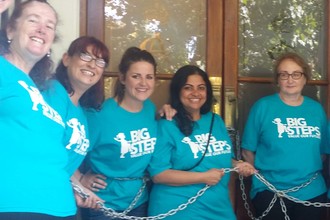
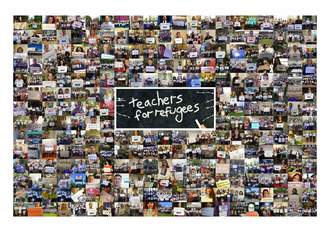

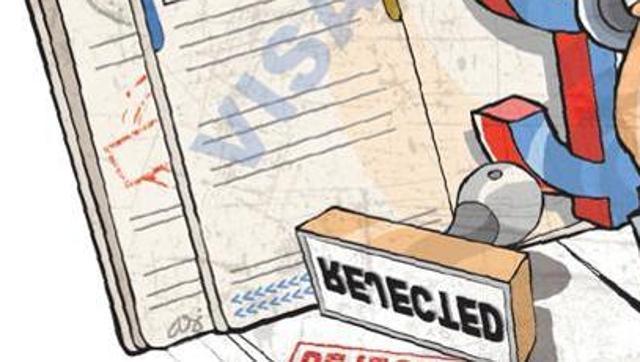
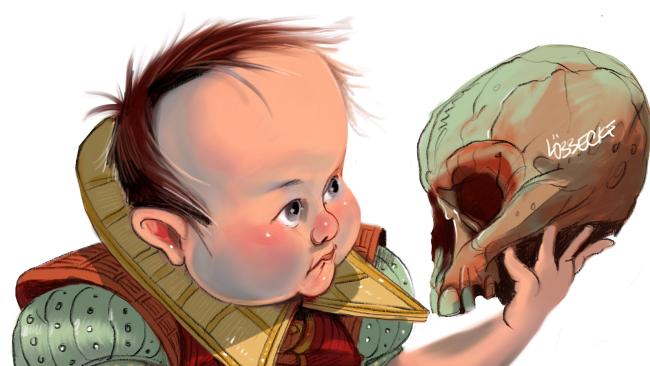
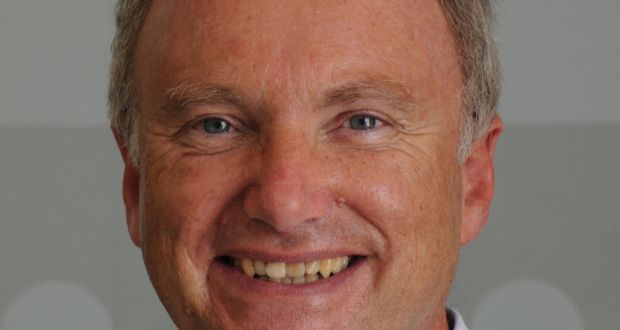
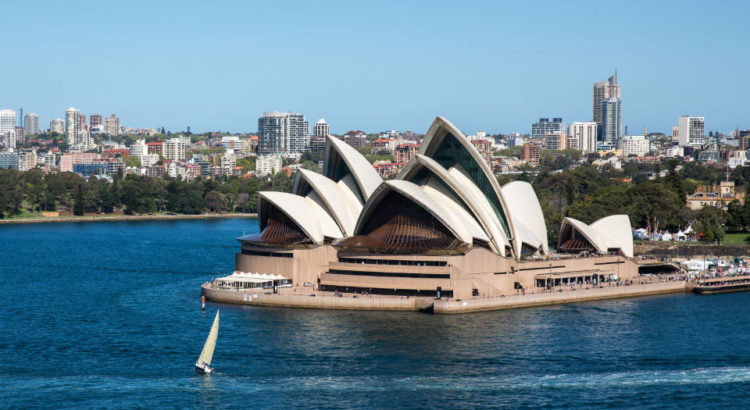






 Users Today : 9
Users Today : 9 Total Users : 35460362
Total Users : 35460362 Views Today : 12
Views Today : 12 Total views : 3419112
Total views : 3419112